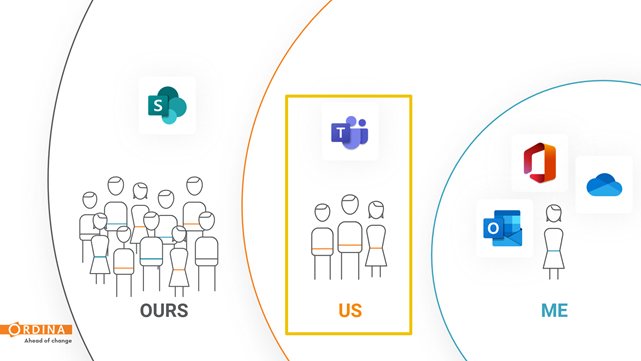Vlaams Parlement - Enterprise Information Management AssessmentJan 2022 till Mar 2022Content: |
 |
Management Summary
The purpose of the assessment was to evaluate and structure the enterprise information architecture efforts of the Human Resources department of the Flemish Parliament. As the nature of this department necessitates a large number of documents (containing largely unstructured data) on top of the wealth of structured information available, the need to manage this in a way that facilitates work of the members in this department for a variety of processes ranging from hiring to evaluation to training and so on is paramount.
The assessment identified the different types of data (based on Robert Logan’s classifications):
- Data: Unstructured data, typically in the form of documents, mails, chat messages, etc.
- Information: Structured data where each individual element of the data has meaning.
- Knowledge: Using the structured data to achieve information on trends and metrics.
- Wisdom: Using the various forms of data to improve and refine existing processes within the organization.

Once all relevant data elements were captured, these were mapped to the processes in which they are used, as well as the technological or physical locations where this data was available in order to formulate a strategy to restructure what data was captured and used where, and to determine proper ownership and compliance with legal regulations.
Lessons Learned
Usage of the different forms of information are also layered by the groups that use them. This is called the ME – US – OURS story that was introduced in the organization of the Flemish Parliament with clear divisions in usage, mapped to the proper technologies of the Microsoft Office 365 stack that was already present in the organization. This boils down to the followed insights:

| Assessment | EIM | BPM | Public Sector |

